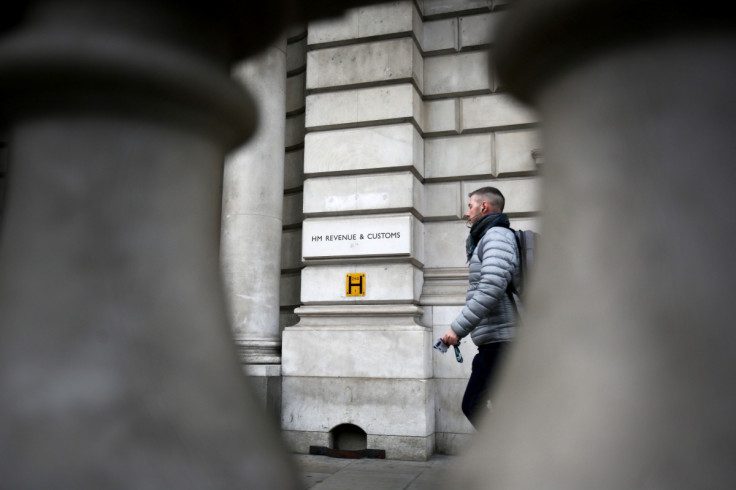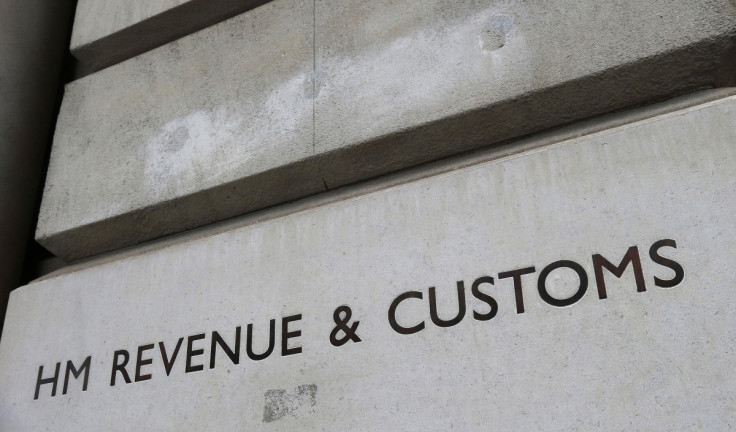HMRC not doing enough to crack down on tax fraud say auditors

HM Revenue & Customs loses £16bn (€22bn; $23.9bn) each year to tax evaders and fraudsters but it is not doing enough to crack down on criminal activity, a report says.
The National Audit Office (NAO) said the lost amount was nearly half of HMRC's 2013/14 tax gap — the difference between the amount of tax that should be collected and the amount actually taken in.
While the tax collection agency had met its short-term goal to raise more tax revenue, auditors said it needed to evaluate whether it came at the cost of long-term benefits.
HMRC raised an additional £26.6bn in revenue from all its compliance work in 2014/15 — including work to tackle other parts of the tax gap like error and tax avoidance — but the agency was only found to have partial data on how much of the total was derived from its work to counter tax fraud.
The NAO report estimates that between 30-40% of total compliance yield came from the tax agency's efforts to clamp down on fraud.
'Staggering losses'
Public Accounts Committee chair Meg Hillier said the £16bn figure was "staggering" and criticised the paucity of HMRC's data collection.
"Time and time again we hear that government departments don't have the data or information that they need to plan or evaluate their activities properly, despite them being responsible for setting up these projects or programmes in the first place," she said.
"HMRC is no different in this respect. HMRC needs to use the powers and sanctions it has to make a public example of those who break the rules."
Auditors said HMRC had met its target to increase prosecutions by 1,000 a year, but observed that it needs "to better prioritise the cases it selects for criminal investigation".
The drive to meet the target had tax officials prioritising "less complex cases", such as prosecutions for people who had evaded income tax, VAT and tobacco duty.

Auditor general Amyas Morse said cutting down the £16bn lost annually was "not straightforward".
"HMRC has met its targets to raise more tax revenue in the short term. It now needs to consider whether its overall strategy is designed to achieve the best long-term outcomes," he said.
"We will be evaluating HMRC's performance in tackling different types of tax fraud in more depth. As we do so, we will be looking for further improvements in the way HMRC uses data and analysis to understand the effect of its actions in both the long and short-term."
© Copyright IBTimes 2025. All rights reserved.






















